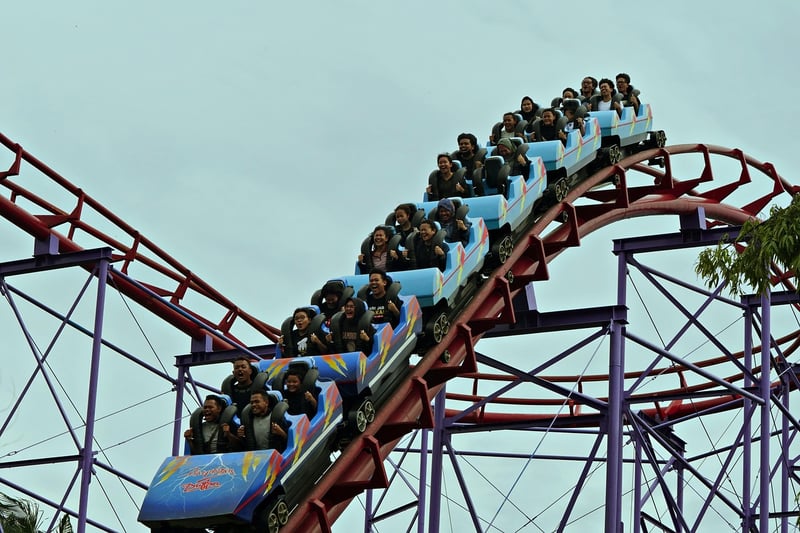Causality Loops
Preventing Time Disruptions and Causality Loops
Time travel has been a popular concept in science fiction for decades, but ensuring that time disruptions and causality loops do not occur is crucial to maintaining the integrity of timelines. Here are some key strategies to prevent such disruptions:
1. Establishing Time Travel Protocols
Creating strict protocols and guidelines for time travel can help prevent inadvertent disruptions. Clear rules on when and how time travel can be used, as well as the consequences of violating these rules, are essential.
2. Avoiding Interactions with Past Selves
One common cause of causality loops is interacting with past versions of oneself. This can lead to paradoxes and inconsistencies in the timeline. It is crucial to avoid such interactions to maintain the stability of the timeline.
3. Monitoring Temporal Anomalies
Regularly monitoring for temporal anomalies and unusual fluctuations in the timeline can help detect potential disruptions early on. By staying vigilant and observant, interventions can be made to prevent major causality loops.
4. Implementing Temporal Safeguards
Using temporal safeguards such as temporal anchors or protective fields can help stabilize the timeline and prevent unauthorized time travel. These safeguards act as barriers against disruptions and ensure the continuity of events.
5. Conducting Temporal Impact Assessments
Prior to any time travel missions, conducting thorough temporal impact assessments can help predict the potential consequences of altering past events. Understanding the ripple effects of changes is crucial in preventing major disruptions.
Conclusion
By following these strategies and taking proactive measures, it is possible to prevent time disruptions and causality loops when dealing with time travel. Maintaining the integrity of timelines is essential in preserving the fabric of reality and avoiding catastrophic consequences.

For more information on time travel and causality loops, you can visit Space.com.
